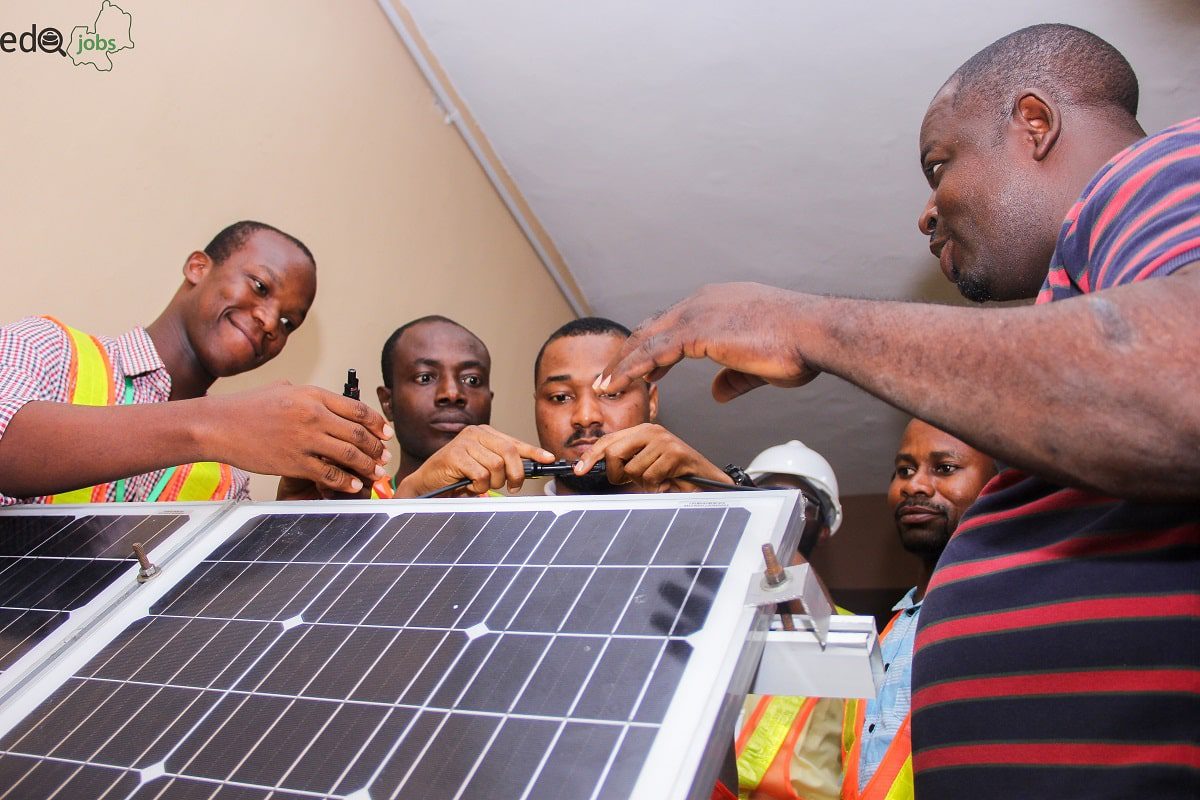
PIND’s Executive Director, Tunji Idowu, was recently interviewed by Devex on the sidelines of the United Nations General Assembly (UNGA 77). Below is an excerpt:
The Niger Delta is the prime location for investment in sustainable development initiatives, but too many are put off by the area’s reputation, said Tunji Idowu, executive director of Partnership Initiatives in the Niger Delta, or PIND.
The 150-mile-long delta, located in the Gulf of Guinea in Nigeria, has a population of at least 31.2 million according to data from 2006, an average of 22% of whom live in poverty. Made up of nine states, the area is known for its oil and gas industries, which had at varying times sparked conflicts between warring factions vying for control. Violence in the area is commonplace while the average youth unemployment rate sits at 42.5%.
But Idowu believes this context makes the Niger Delta an ideal location in which to bring more projects on solar energy, youth inclusion, agriculture, and peace programming to scale. “You have a diverse array of areas where you can really make an impact and you can invest,” he said, explaining that this is something PIND has experience in.
Founded in 2010 with initial funding from Chevron Corporation, PIND aims to grow networks of partners to implement solutions that reduce the dependency on oil and build peace and equitable economic development.
“We’re shifting the focus and the dependence on the oil and gas sector to other productive sectors that are non-oil, especially agriculture, services, and so on — and then we’re helping to grow livelihoods in those areas,” Idowu said. “But we need more hands out there.”
Speaking to Devex on the sidelines of the United Nations General Assembly in New York, he explained why more implementers should move into the area, shared some of the successes PIND has already seen in the region, and highlighted the lessons it’s learned in navigating the context.



